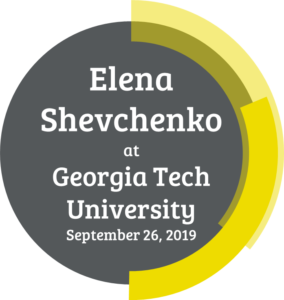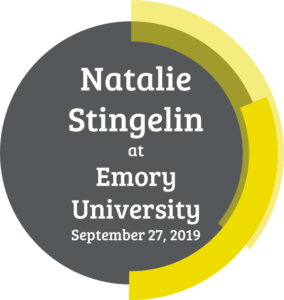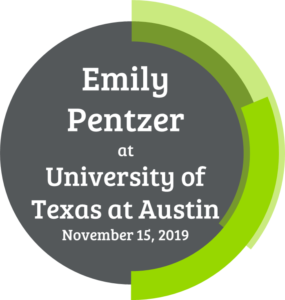At the end of 2024, the RSC Americas office would like to again recognize the Editorial and Advisory Board members in the region who joined over the course of 2024. This year, we had over 20 new Editorial Board members and over 100 Advisory Board members join since we last recognized new additions in December 2023. We would like to thank all of the outstanding work and guidance provided by these researchers, who help ensure the Royal Society of Chemistry maintains its community focus while publishing high-impact, groundbreaking scientific work. Thank you for everything you have done this year, and we look forward to 2025!
New Editorial Board Members:
B. Jill Venton, University of Virginia (USA)
Analytical Methods, Editor-in-Chief
Elsie Sunderland, Harvard University (USA)
Environmental Science: Processes & Impacts, Editor-in-Chief
Dionisios Vlachos, University of Delaware (USA)
Reaction Chemistry & Engineering, Editor-in-Chief
Stephen Klippenstein, Argonne National Laboratory (USA)
Environmental Science: Atmospheres, Editorial Board Member
Roger Linington, Simon Fraser University (Canada)
Natural Product Reports, Editorial Board Member
Mark Maclachlan, University of British Columbia (Canada)
Nanoscale Horizons, Scientific Editor
Hans Renata, Rice University (USA)
Chemical Science, Associate Editor
Hannah Shafaat, University of California, Los Angeles (USA)
Chemical Science, Associate Editor
Matthew Sigman, University of Utah (USA)
Chemical Science, Associate Editor
Jason Hein, University of British Columbia (Canada)
Digital Discovery, Associate Editor
Joshua Schrier, Fordham University (USA)
Digital Discovery, Associate Editor
Xin Li, Harvard University (USA)
EES Batteries, Associate Editor
Juan-Pablo Correa-Baena, Georgia Institute of Technology (USA)
EES Solar, Associate Editor
Carla Ng, University of Pittsburgh (USA)
Environmental Science: Processes & Impacts, Associate Editor
Ning Dai, University at Buffalo (USA)
Environmental Science: Water Research & Technology, Associate Editor
Elin Winkler, Centro Atómico Bariloche (Argentina)
Journal of Materials Chemistry C/Materials Advances, Associate Editor
Eva Hemmer, University of Ottawa (Canada)
Nanoscale/Nanoscale Advances, Associate Editor
Shelley Claridge, Purdue University (USA)
RSC Applied Interfaces, Associate Editor
Wei Gao, California Institute of Technology (USA)
Sensors & Diagnostics, Associate Editor
Carlos D. Garcia, Clemson University (USA)
Sensors & Diagnostics, Associate Editor
Michael Serpe, University of Alberta (Canada)
Sensors & Diagnostics, Associate Editor
Adriano Brandelli, Universidade Federal do Rio Grande do Sul (Brazil)
Sustainable Food Technology, Associate Editor
New Advisory Board Members:
Ashley Ross, University of Cincinnati (USA)
Analyst, Advisory Board Member
Scott Martin, Saint Louis University (USA)
Analytical Methods, Advisory Board Member
Michael Roper, Florida State University (USA)
Analytical Methods, Advisory Board Member
Eric Appel, Stanford University (USA)
Biomaterials Science, Advisory Board Member
Louise Berben, University of California, Davis (USA)
ChemComm, Advisory Board Member
Robert Gilliard, Massachusetts Institute of Technology (USA)
ChemComm, Advisory Board Member
Kerri Pratt, University of Michigan (USA)
ChemComm, Advisory Board Member
Rommie Amaro, University of California, San Diego (USA)
Chemical Science, Advisory Board Member
Alexis Grimaud, Boston College (USA)
Chemical Science, Advisory Board Member
Garry Rumbles, University of Colorado Boulder (USA)
Chemical Science, Advisory Board Member
Mohammad R Seyedsayamdost, Princeton University (USA)
Chemical Science, Advisory Board Member
Alejandro Vila, Universidad Nacional de Rosario (Argentina)
Chemical Science, Advisory Board Member
Amanda Morris, Virginia Tech (USA)
Chemical Society Reviews, Advisory Board Member
Kristin Hutchins, University of Missouri (USA)
CrystEngComm, Advisory Board Member
Abel Moreno, National Autonomous University of Mexico (Mexico)
CrystEngComm, Advisory Board Member
Harry B. Gray, California Institute of Technology (USA)
Dalton Transactions, Advisory Board Member
Jennifer Love, University of British Columbia (Canada)
Dalton Transactions, Advisory Board Member
Doug Stephan, University of Toronto (Canada)
Dalton Transactions, Advisory Board Member
Tim Storr, Simon Fraser University (Canada)
Dalton Transactions, Advisory Board Member
Christine Thomas, The Ohio State University (USA)
Dalton Transactions, Advisory Board Member
Jahed Abed, Meta (USA)
Digital Discovery, Advisory Board Member
Joel W. Ager III, Lawrence Berkeley National Laboratory (USA)
EES Catalysis, Advisory Board Member
Anastassia Alexandrova, University of California, Los Angeles (USA)
EES Catalysis, Advisory Board Member
Yu Huang, University of California, Los Angeles (USA)
EES Catalysis, Advisory Board Member
Emily Carter, Princeton University (USA)
Energy & Environmental Science, Advisory Board Member
David Sinton, University of Toronto (Canada)
Energy & Environmental Science, Advisory Board Member
Sarbajit Banerjee, Texas A&M University (USA)
Energy Advances, Advisory Board Member
Heather MacLean, University of Toronto (Canada)
Energy Advances, Advisory Board Member
Greg Goss, University of Alberta (Canada)
Environmental Science: Nano, Advisory Board Member
Sara Mason, Brookhaven National Laboratory (USA)
Environmental Science: Nano, Advisory Board Member
Tara Sabo-Attwood, University of South Carolina (USA)
Environmental Science: Nano, Advisory Board Member
Mario Ferruzzi, Virginia Tech (USA)
Food & Function, Advisory Board Member
Neuza (Mariko Aymoto) Hassimotto, University of São Paulo (Brazil)
Food & Function, Advisory Board Member
Chi-Tang Ho, Rutgers University (USA)
Food & Function, Advisory Board Member
Dragan Milenkovic, University of California, Davis (USA)
Food & Function, Advisory Board Member
Susannah Scott, University of California, Santa Barbara (USA)
Green Chemistry, Advisory Board Member
Christopher J. Chang, Princeton University (USA)
Inorganic Chemistry Frontiers, Advisory Board Member
Oleg V. Ozerov, Texas A&M University (USA)
Inorganic Chemistry Frontiers, Advisory Board Member
Marco Aurélio Zezzi Arruda, UNICAMP (Brazil)
Journal of Analytical Atomic Spectrometry, Advisory Board Member
Matthieu Baudelet, University of Central Florida (USA)
Journal of Analytical Atomic Spectrometry, Advisory Board Member
David Koppenaal, Pacific Northwest National Laboratory (USA)
Journal of Analytical Atomic Spectrometry, Advisory Board Member
Claire Xiong, Boise State University (USA)
Journal of Materials Chemistry A/Materials Advances, Advisory Board Member
Iain McCulloch, University of Princeton (USA)
Journal of Materials Chemistry C/Materials Advances, Advisory Board Member
Robbyn Anand, Iowa State University (USA)
Lab on a Chip, Advisory Board Member
Jesse Greener, Laval University (Canada)
Lab on a Chip, Advisory Board Member
Abhishek Jain, Texas A&M University (USA)
Lab on a Chip, Advisory Board Member
James Crawford, Altos Labs (USA)
MedChemComm, Advisory Board Member
Hao Jing, George Mason University (USA)
Nanoscale Advances, Advisory Board Member
Li Li, Northeastern University (USA)
Nanoscale Horizons, Advisory Board Member
Neha Garg, Georgia Institute of Technology (USA)
Natural Product Reports, Advisory Board Member
Hendrik Luesch, University of Florida (USA)
Natural Product Reports, Advisory Board Member
Dirk Trauner, University of Pennsylvania (USA)
Natural Product Reports, Advisory Board Member
Vladimir V. Kouznetsov, Universidad Industrial de Santander (Colombia)
New Journal of Chemistry, Advisory Board Member
Stuart Conway, University of California, Los Angeles (USA)
Organic Chemistry Frontiers, Advisory Board Member
Jeremiah A Johnson, Massachusetts Institute of Technology (USA)
Polymer Chemistry, Advisory Board Member
Klavs Jensen, Massachusetts Institute of Technology (USA)
Reaction Chemistry & Engineering, Advisory Board Member
Anna Balazs, University of Pittsburgh (USA)
RSC Applied Interfaces, Advisory Board Member
Carlos F. O. Graeff, Universidade Estadual Paulista (UNESP) (Brazil)
RSC Applied Interfaces, Advisory Board Member
Kristi Anseth, University of Colorado, Boulder (Canada)
RSC Applied Polymers, Advisory Board Member
Jason Bara, The University of Alabama (USA)
RSC Applied Polymers, Advisory Board Member
Matthew L. Becker, Duke University (USA)
RSC Applied Polymers, Advisory Board Member
Sidi A. Bencherif, Northeastern University (USA)
RSC Applied Polymers, Advisory Board Member
Kelly A. Burke, University of Connecticut (USA)
RSC Applied Polymers, Advisory Board Member
Heather D. Maynard, University of California, Los Angeles (USA)
RSC Applied Polymers, Advisory Board Member
Alshakim Nelson, University of Washington (USA)
RSC Applied Polymers, Advisory Board Member
Luiz Antonio Pessan, Federal University of São Carlos (Brazil)
RSC Applied Polymers, Advisory Board Member
Eleftheria Roumeli, University of Washington (USA)
RSC Applied Polymers, Advisory Board Member
Anita Shukla, Brown University (USA)
RSC Applied Polymers, Advisory Board Member
Junpeng Wang, University of Akron (USA)
RSC Applied Polymers, Advisory Board Member
Haian Fu, Emory University (USA)
RSC Chemical Biology, Advisory Board Member
Robert Carpick, University of Pennsylvania (USA)
RSC Mechanochemistry, Advisory Board Member
Stephen Craig, Duke University (USA)
RSC Mechanochemistry, Advisory Board Member
Deborah Crawford, University of Birmingham (USA)
RSC Mechanochemistry, Advisory Board Member
Mario Del Pópolo, CONICET & National University of Cuyo (Argentina)
RSC Mechanochemistry, Advisory Board Member
Seong Kim, Pennsylvania State University (USA)
RSC Mechanochemistry, Advisory Board Member
Audrey Moores, McGill (Canada)
RSC Mechanochemistry, Advisory Board Member
Emily Day, University of Delaware (USA)
RSC Pharmaceutics, Advisory Board Member
Anthony J. Hickey, University of North Carolina at Chapel Hill (USA)
RSC Pharmaceutics, Advisory Board Member
Eliana Lima, Universidade Federal de Goias (Brazil)
RSC Pharmaceutics, Advisory Board Member
Priyabrata Mukherjee, University of Oklahoma (USA)
RSC Pharmaceutics, Advisory Board Member
Wilson Poon, University of Texas at El Paso (USA)
RSC Pharmaceutics, Advisory Board Member
Lingling Shen, Novartis (USA)
RSC Pharmaceutics, Advisory Board Member
Audra Stinchcomb, University of Maryland (USA)
RSC Pharmaceutics, Advisory Board Member
Stefan Wilhelm, University of Oklahoma (USA)
RSC Pharmaceutics, Advisory Board Member
Chunmei Ban, University of Colorado Boulder (USA)
Sustainable Energy & Fuels, Advisory Board Member
Shirley Meng, University of Chicago (USA)
Sustainable Energy & Fuels, Advisory Board Member
Alissa Park, University of California, Los Angeles (USA)
Sustainable Energy & Fuels, Advisory Board Member
Amy Prieto, Colorado State University (USA)
Sustainable Energy & Fuels, Advisory Board Member
Erin Ratcliff, Georgia Institute of Technology (USA)
Sustainable Energy & Fuels, Advisory Board Member
Cristobal Aguilar González, Universidad Autónoma de Coahuila (Mexico)
Sustainable Food Technology, Advisory Board Member
Rafael Auras, Michigan State University (USA)
Sustainable Food Technology, Advisory Board Member
Ian Noble, Mendelez International (USA)
Sustainable Food Technology, Advisory Board Member
Joshua Buss, University of Michigan (USA)
Inorganic Chemistry Frontiers, Early Career Advisory Board Member
Selvan Demir, Michigan State University (USA)
Inorganic Chemistry Frontiers, Early Career Advisory Board Member
Marcus Drover, Western University (Canada)
Inorganic Chemistry Frontiers, Early Career Advisory Board Member
Jarad Mason, Harvard University (USA)
Inorganic Chemistry Frontiers, Early Career Advisory Board Member
Eva Nichols, University of British Columbia (Canada)
Inorganic Chemistry Frontiers, Early Career Advisory Board Member
Timothy Su, University of California, Riverside (USA)
Inorganic Chemistry Frontiers, Early Career Advisory Board Member
Alexandra Velian, University of Washington (USA)
Inorganic Chemistry Frontiers, Early Career Advisory Board Member
Dianne Xiao, University of Washington (USA)
Inorganic Chemistry Frontiers, Early Career Advisory Board Member
Jeff Bandar, Colorado State University (USA)
Organic Chemistry Frontiers, Early Career Advisory Board Member
C. Rose Kennedy, University of Rochester (USA)
Organic Chemistry Frontiers, Early Career Advisory Board Member
Cody Ross Pitts, University of California, Davis (USA)
Organic Chemistry Frontiers, Early Career Advisory Board Member
Jolene P. Reid, University of British Columbia (Canada)
Organic Chemistry Frontiers, Early Career Advisory Board Member
Christo S. Sevov, The Ohio State University (USA)
Organic Chemistry Frontiers, Early Career Advisory Board Member
Erin Stache, Princeton University (USA)
Organic Chemistry Frontiers, Early Career Advisory Board Member
Makeda Tekle-Smith, Columbia University (USA)
Organic Chemistry Frontiers, Early Career Advisory Board Member
Zachary K. Wickens, University of Wisconsin–Madison (USA)
Organic Chemistry Frontiers, Early Career Advisory Board Member
Yang Yang, University of California, Santa Barbara (USA)
Organic Chemistry Frontiers, Early Career Advisory Board Member












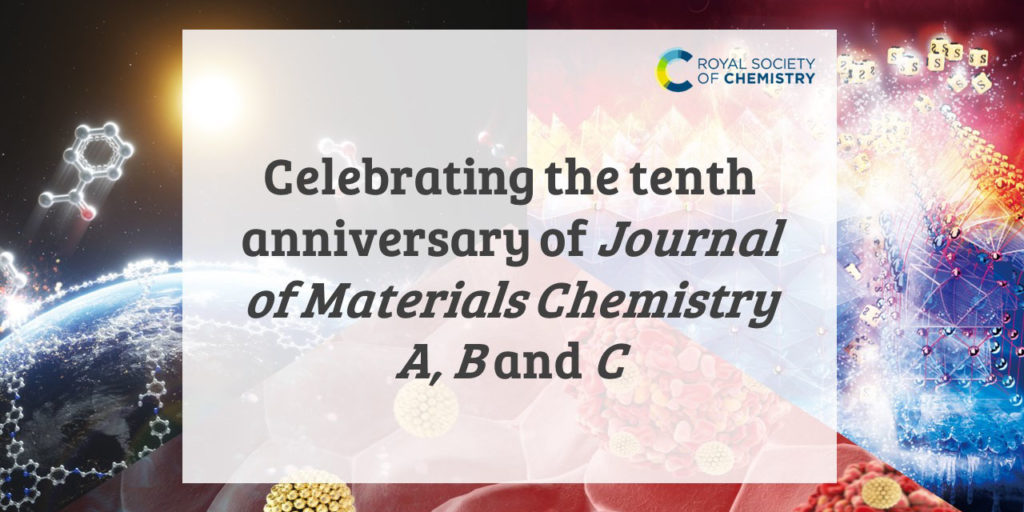
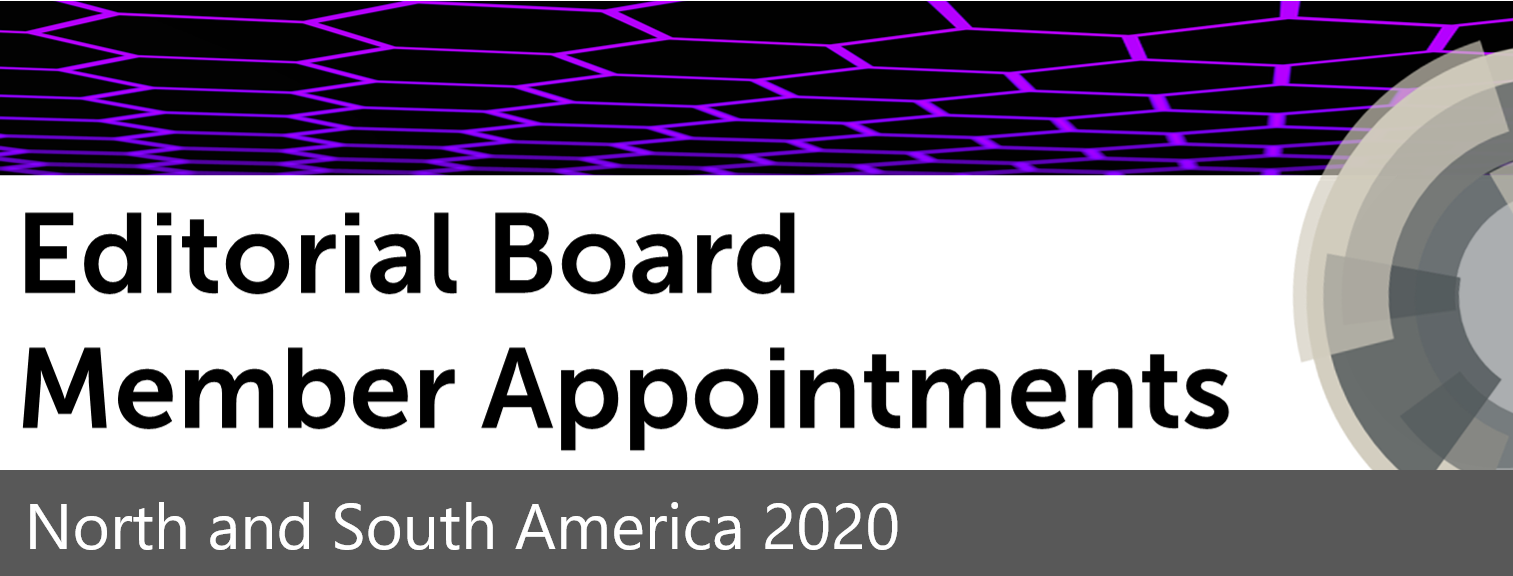
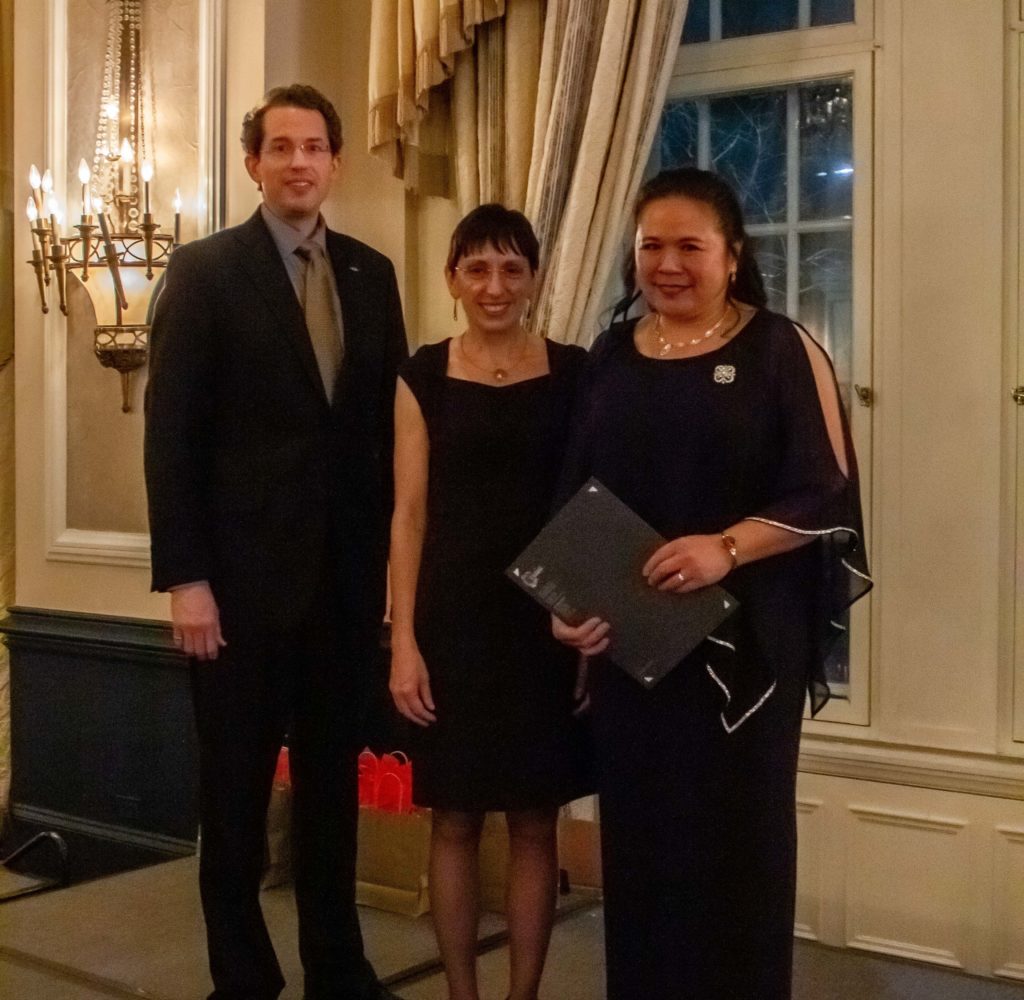
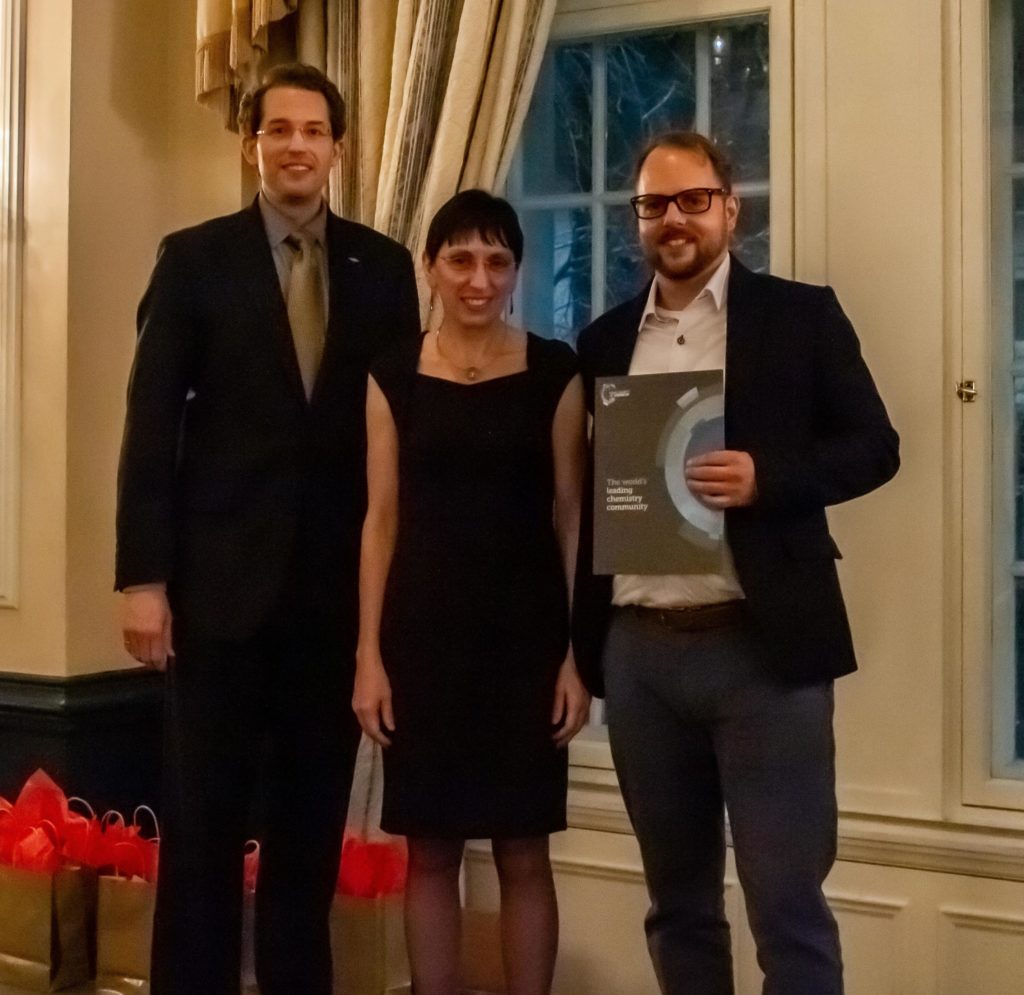
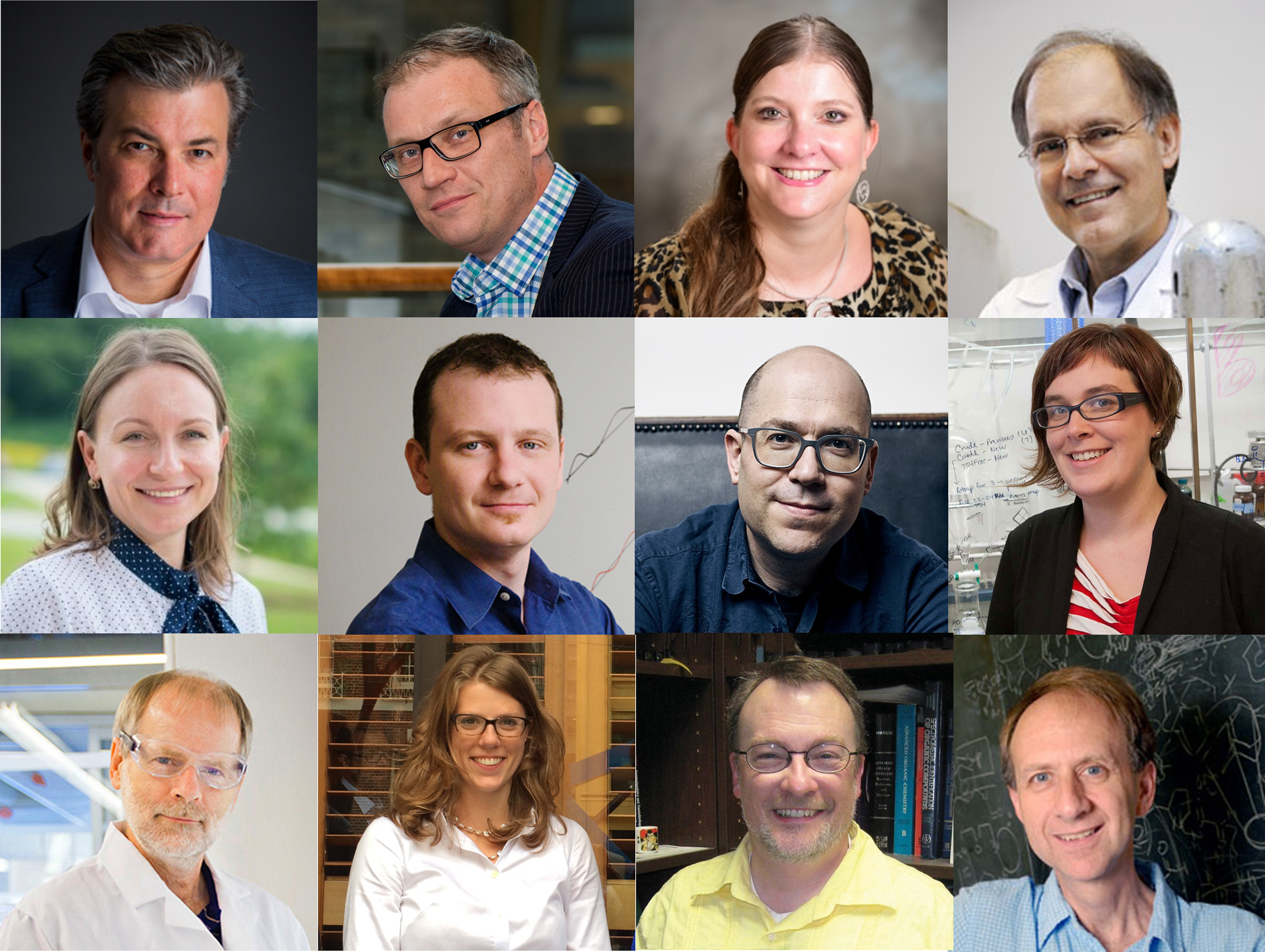
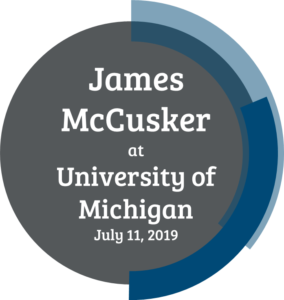
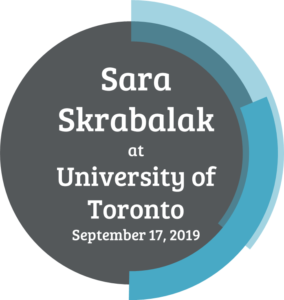 In September, Marika Wieliczko from our Washington, DC office will travel to Canada, where you can find many of our wonderful Board Members. Toronto is known as one of the most multicultural metropolitan areas in the world, with residents from all nations adding to the diversity of the city. Joining Marika in the provincial capital will be
In September, Marika Wieliczko from our Washington, DC office will travel to Canada, where you can find many of our wonderful Board Members. Toronto is known as one of the most multicultural metropolitan areas in the world, with residents from all nations adding to the diversity of the city. Joining Marika in the provincial capital will be 